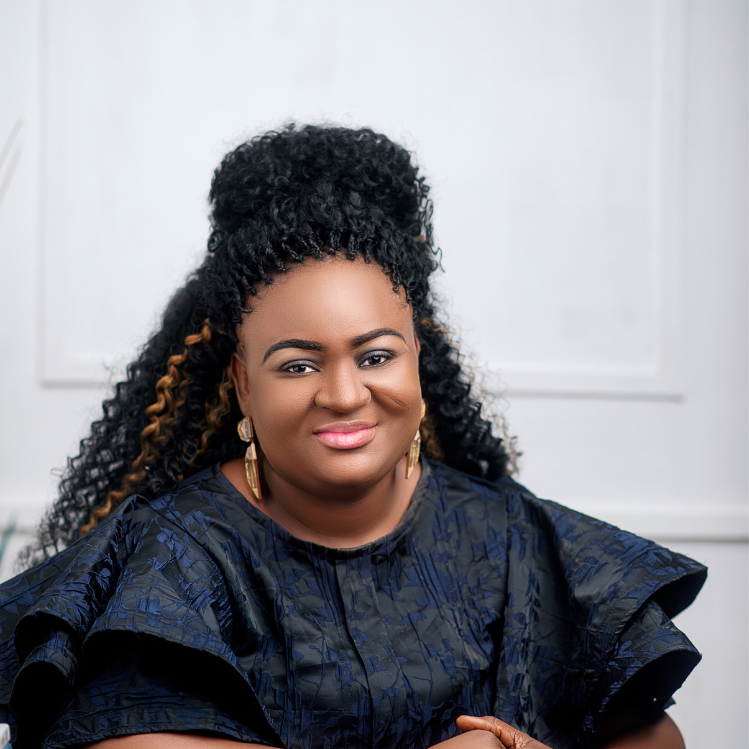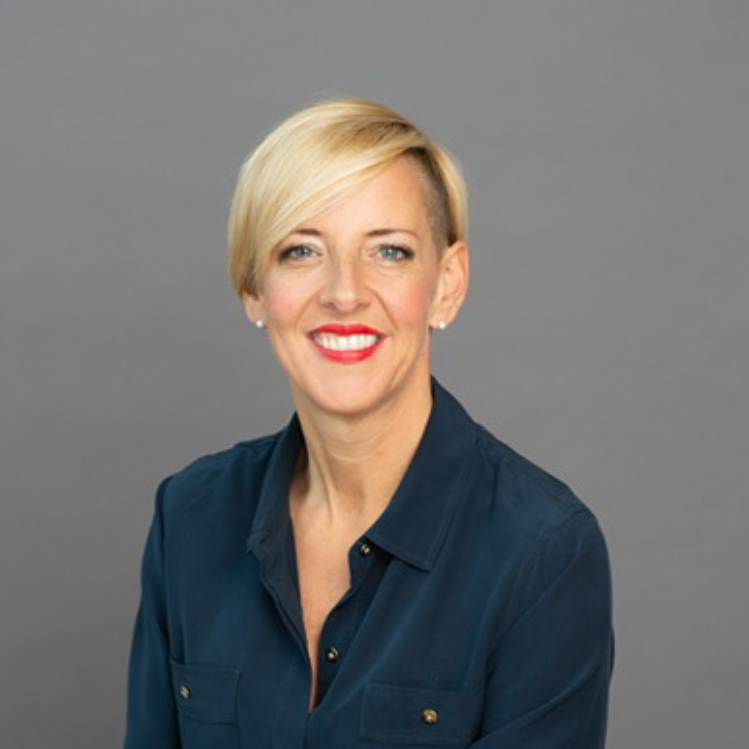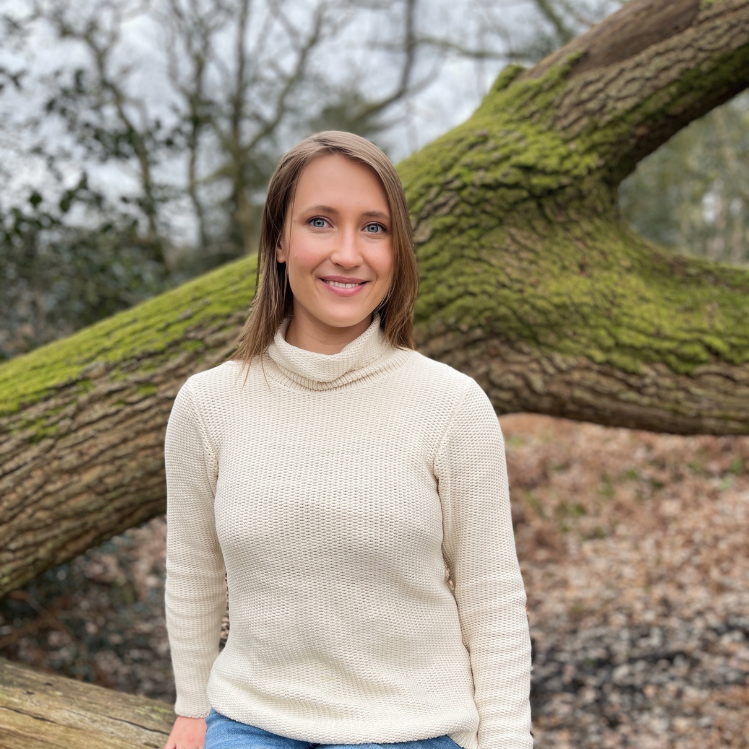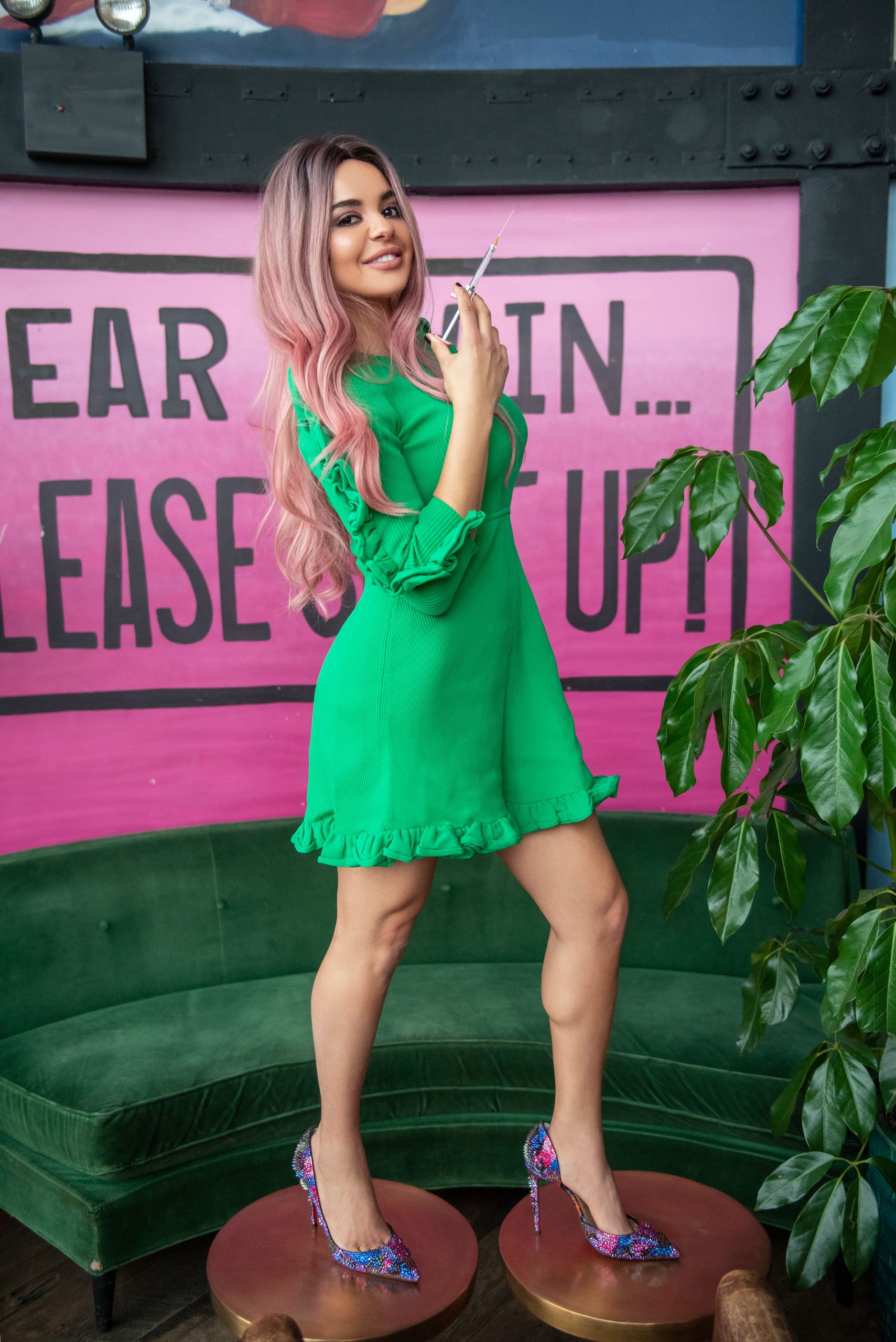
Jordan Jacobs: Enhancing Your Beauty with Medical Artistry
By Sujany Baleswaran
Known for her transformative artistry, Jordan Jacobs entered the world of aesthetics when witnessing the life-changing work of a senior doctor and the medical artistry of non-surgical injections. Training and excelling in this field from the fears of lockdown to home botox visits, Jordan now runs a world renowned private concierge service, training medical professionals from Dubai, to London, Paris to Egypt. With a focus on natural beauty, amplifying rather than altering, and an emphasis on self-confidence, Jordan creatively combines medicine and art.
We see it as a quick fix in appearance but to others it is a lot more powerful, whether it’s a frown line, a scar from an accident, or a reminder of domestic abuse.
Medical artistry, helps amplify women’s beauty. How did your journey begin and what inspired you to specialise in this area?
I started off in plastic surgery with a doctor in Long Island, a little outside of New York City. I had no idea that this industry even existed before I started working with him. When I saw his work with non-surgical injections, it was really mind blowing to see what changes he could make in minutes with just a needle. It positively impacted the patient’s self-confidence. The life-changing difference it made in such a short amount of time is what really inspired me to explore this industry more. I pursued this path, learnt how to inject and appreciate the artistry behind everything.
We often see medical practices as academic and practical but aesthetics has a creative touch. Can you tell us more about the creative element of your job?
I guess creativity in the beauty industry goes hand in hand. Whenever I’m looking at someone’s face, I see light and shadows, just like a makeup artist. You see how the light reflects off their face at different angles whenever they’re making different expressions. I always have a really in-depth conversation with all my patients before we get into the treatment protocol, because I want to get to know them on a personal level. Enhancing someone’s beauty or changing the way someone looks can be really scary. And the needle going into the face can also be daunting. But when I’m speaking to my patients, I’m getting to know them on a very deep level. I’m looking at every single detail on their face and thinking of how we can make tiny improvements or enhancements to help them with their insecurities.
There is still a lot of negativity around changing appearances, with many criticising celebrities, on the other hand, like you mentioned, it is helping people build confidence and battle their insecurities. How do you think this view has changed over the years?
With the younger generation and millennials, with celebrities like Kylie Jenner, there is a lot of openness and acceptance around it and a lot of awareness now with social media. My older patients are still private about it, and there is a very contrasting outlook on getting enhancements with them compared to my younger patients. I also see a big difference between regions. If I’m on the West Coast versus the East Coast versus the UK. Depending on where you are, there’s a different acceptance around it.
A lot of my older patients still hide their treatments from their husbands. The would save extra grocery store money to pay for their Botox or their filler. I think that we should all support one another when it comes to doing something that makes us feel better. At the end of the day, it’s just like highlighting your hair, threading your eyebrows, or getting your nails done – it requires maintenance. It’s not necessity, but it makes you feel good. It makes you feel beautiful.
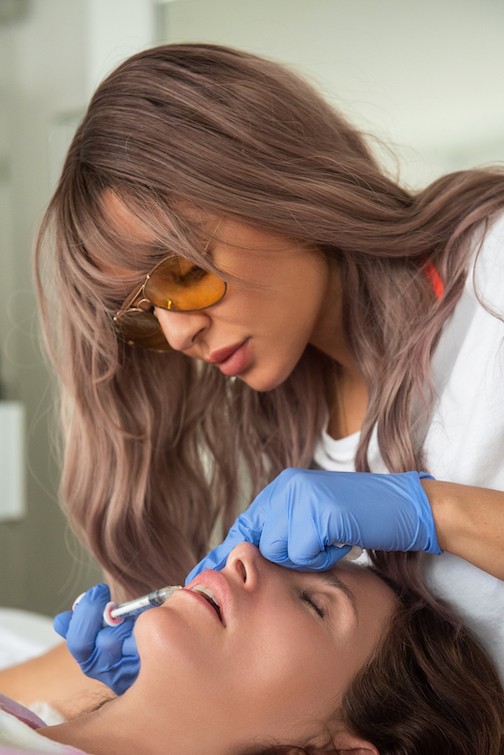
The pandemic put the beauty industry on hold. How did the pandemic affect your business and what changes did you make to adapt to the situation?
The pandemic was terrifying. Just like everyone else, I didn’t know what was happening. We didn’t know if we would be safe in New York, with grocery stores with long lines and people terrified of leaving the house. Countless businesses closed down for months and I thought my business would fail. I had just started my business right before the pandemic. I was working with different med spas and doctors, before I decided to start my own. I had about $7 in my bank account and everything was out of my control.
I tried to create a positive mindset and told myself I’m going to just roll with it and do what I have to do. I was looking into travel assignments for COVID nurses as New York was a hot spot at that time. However, I was a single mother with two daughters to take care of and therefore, left to go back to Texas to stay with my family for a couple of months. I was trying to get on the assignment list for COVID nurses around that time and it just didn’t happen. I slowly started hearing from some of my patients. They wanted Botox, but all the med spas were closed, so I decided to see patients in their homes, doing it as safely as possible, disinfecting everything, wearing masks, trying to limit the amount of touching we did. And it blew up.
With the pandemic, one thing that did happen, was that everyone had turned to screens, with back to back virtual meetings. Everyone was constantly looking at themselves on FaceTime and Zoom. It led to people noticing small aspects in their appearance – I don’t like this line on my face or this bothers me. So interestingly enough, the pandemic has really pushed the growth of this industry.
What is the most fulfilling aspect of your job and what is the most challenging aspect?
The most fulfilling aspect is when patients tell me how much it has helped them with their self-confidence or helped them through an insecurity that is often a reminder of something deeper. One of my patients had a frown line on their forehead, a constant reminder of how angry her father would get at her, a trigger. We see it as a quick fix in appearance but to others it is a lot more powerful, whether it’s a frown line, a scar from an accident, or a reminder of domestic abuse.
It’s crazy how these treatments can really change people’s lives and make them feel better about themselves. And whenever they feel better about themselves, they become a better version of themselves. They’re better mothers, they’re better workers, partners, because they have that self-confidence to show up and be their best self.
The most challenging aspect is having the responsibility of someone’s appearance. A lot of things can go wrong with this. It’s not a fool-proof process. You can have complications. You can do things to make people look worse or feel less confident. And knowing that you could go down that route of making them feel worse or you could affect their appearance is scary. There is a lot of pressure to make it perfect.
Whenever you’re taking care of yourself, you’re ultimately taking care of everyone else around you, because whenever you’re able to be your best self, you can be better for the people that you love.
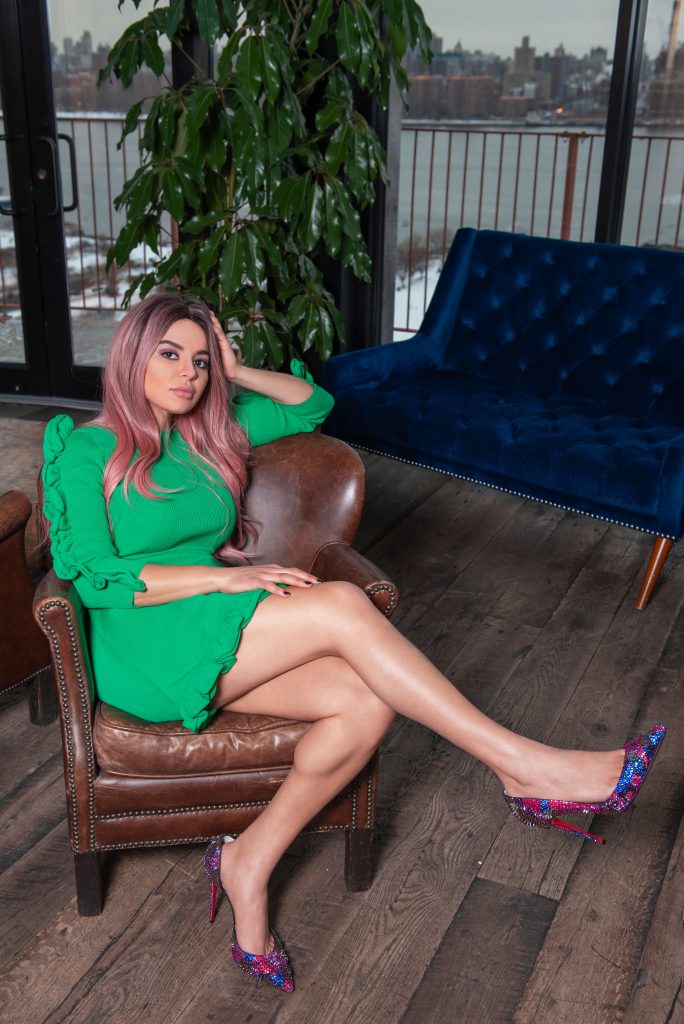
What does female empowerment mean to you?
I think there’s been centuries worth of female disempowerment. We’re moving to a new phase with women standing up for themselves, having a voice, and being authentic, strong and confident. I think that choosing to do something for yourself is a step towards empowerment. Whenever you’re taking care of yourself, you’re ultimately taking care of everyone else around you, because whenever you’re able to be your best self, you can be better for the people that you love.
You recently published your first journal and are working on your book. What was the inspiration behind this?
It is a collection of stories from my patients, real life stories of how treatment has impacted their lives. I had a patient who was abused by her boyfriend and broke her nose. She went through two different rhinoplasties and it still wasn’t fixed, and every day she would look herself in the mirror a see a reminder of the abuse. We did a nonsurgical rhinoplasty with filler that took about 20 minutes and it’s been perfect for her ever since – it changed her life. There are a lot of stories like this that my patients share with me that I believe need to be shared with the world.
How do you rejuvenate after a day’s work?
I love meditating. I meditate every morning. I take baths with candles and incense, and spend time with my daughters. Taking care of yourself and balancing out everything is definitely an ongoing effort but it’s worth it.
As a single mother of two and a businesswoman how do you juggle life and work? Has it gotten easier over time or are you still trying to find the balance between the two?
It’s gotten a lot easier over the years. I had a one-year-old, and then I gave birth to my second daughter in nursing school. That was the biggest challenge I’ve ever gone through, trying to juggle motherhood and getting through nursing school with two young children on my own. With the business, I initially worked all crazy hours, running around all of New York City, going to people’s homes, and having very little time with my daughters. This is the reason why I wanted to have my own business. I wanted control of my own schedule and be more present in my children’s lives. It has gotten a lot better. I’ve changed my office hours just this past season to correlate with their school hours. Now I’m able to get home when they get off of the bus, spend those evening hours with them, put them to bed, and then I will see some patients after they go to bed if it’s not during the day. It’s not perfect yet, but it’s a work in progress.
What advice would you give to someone entering this industry or looking to start a business?
It’s not as easy as it looks. It takes a lot of hustling. You have to be an entrepreneur to really be successful in this industry because like a hairdresser, you have to build a list of clientele. You have to have a profile that people can look at and trust before you are successful. It’s kind of like a Catch-22 situation. If you’re new, don’t have experience and you don’t have a portfolio, then no one’s going to come knocking at your door asking for Botox. You have to get out there, get the experience, make your mistakes, and get skilled before it becomes a successful practice. It requires patience and resilience.



